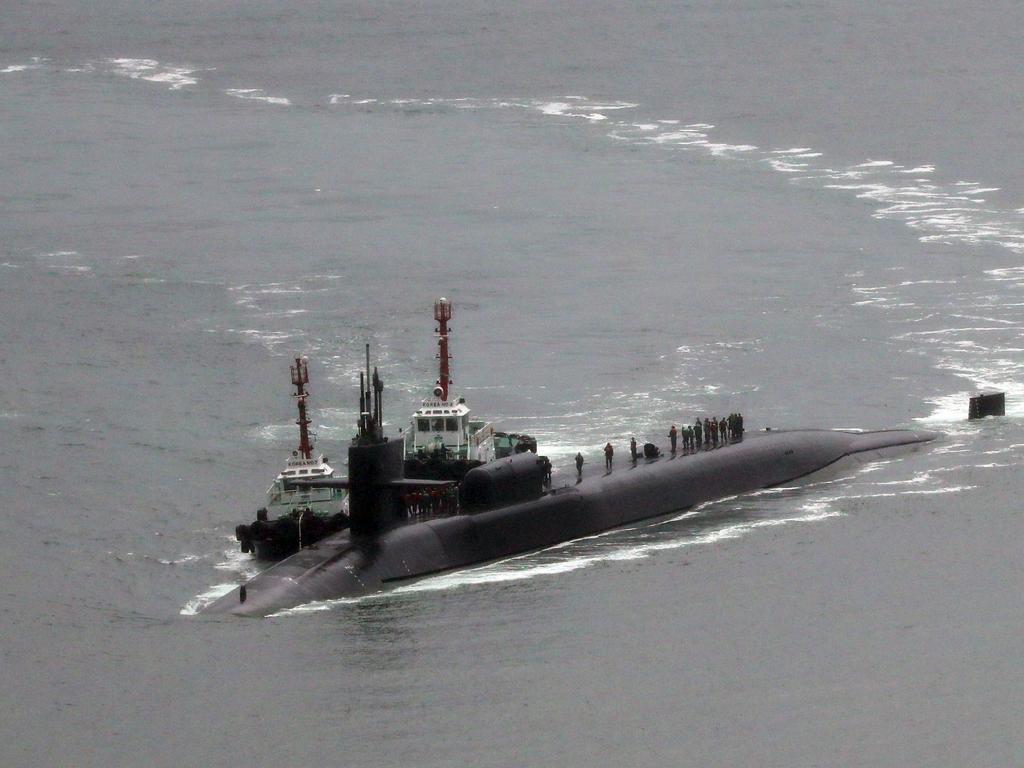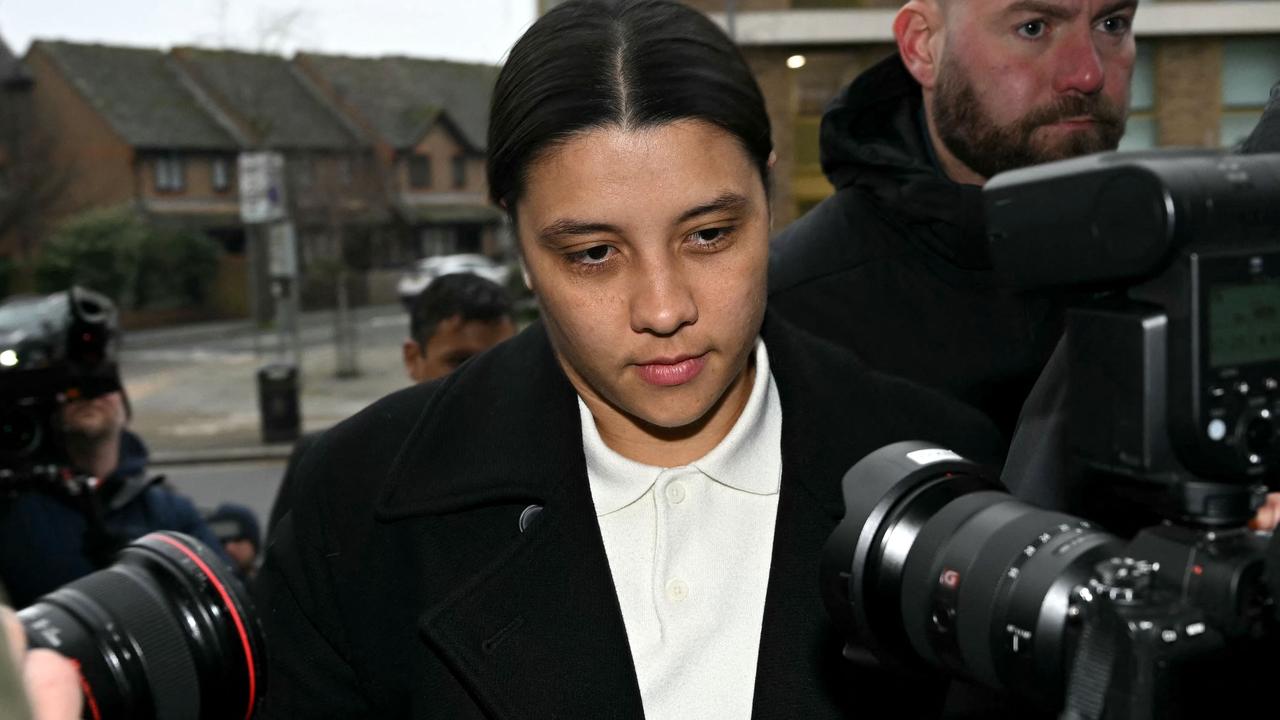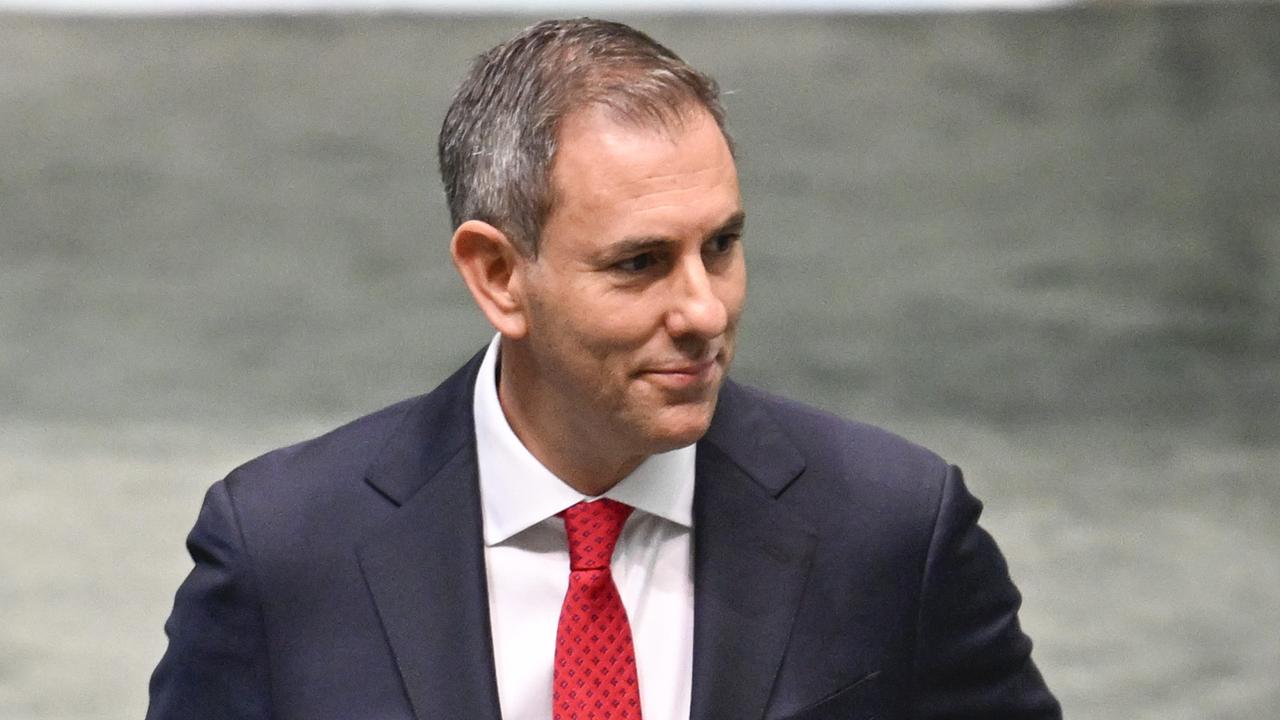Politics live news Australia: Australia 'must develop sub-building capabilities'
Amid fears the US may not be able to deliver nuclear subs as promised under AUKUS pact, defence minister says it's vital that Australia develop industrial capability in Adelaide.
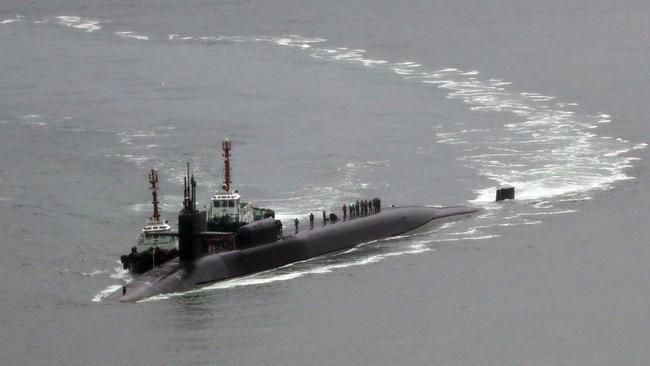
Defence Minister Richard Marles says it is vital that Australia develop its own capability to build nuclear-powered submarines, amid fears the US may not be able to deliver the vessels promised under the AUKUS pact.
Speaking alongside Prime Minister Anthony Albanese in Geelong on Saturday, Mr Marles acknowledged the plan for Australia to acquire nuclear submarines placed significant pressure on the industrial base of not just the US, but the UK.
In a letter to President US Joe Biden, Democrat Jack Reed and Republican James Inhofe called for a “sober assessment” of the agreement between the US, Australia and Britain, explicitly warning against selling Australia submarines off the production line.
The senators warned Mr Biden against Australia buying two newly built Virginia-class submarines from the US by 2030, saying despite the US’s two-boat-per-year target, “just 1.2 Virginia-class (submarines have been) delivered, on average, per year, over the past five years”.
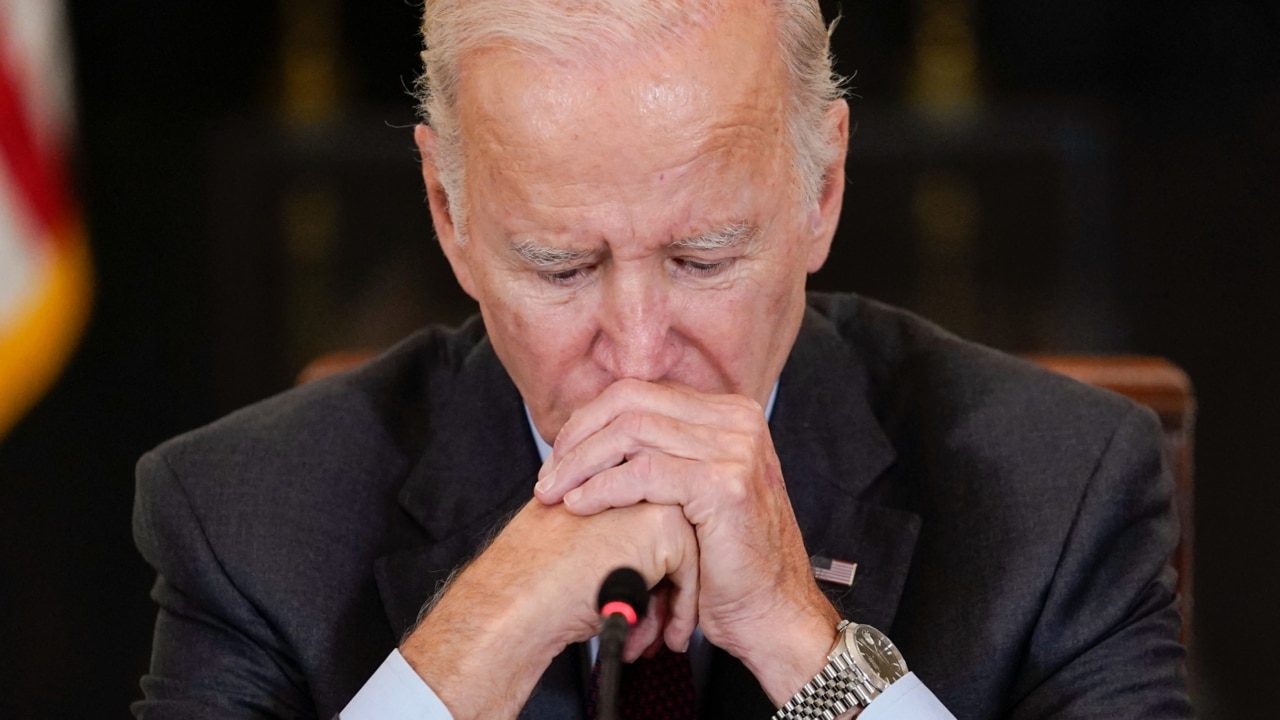
Mr Marles said the warnings highlighted the importance of the government's push for a local manufacturing facility to be established in South Australia.
“We’re very aware of it (industrial pressures on the US) … that’s why it’s so important that Australia develops its own industrial capability to build nuclear-powered submarines, which we will do in Adelaide.”
Mr Albanese said he remained “very positive” nuclear submarines would be delivered as promised.
“We have been engaging very closely on ensuring that the optimal pathway is delivered. We're very confident that it is in the interest of Australia, but also in the interest of the United States and United Kingdom,” Mr Albanese said.
Mr Marles agreed, saying there was a “shared sense of mission between the US, the UK and Australia in seeing Australia acquire this capability”.
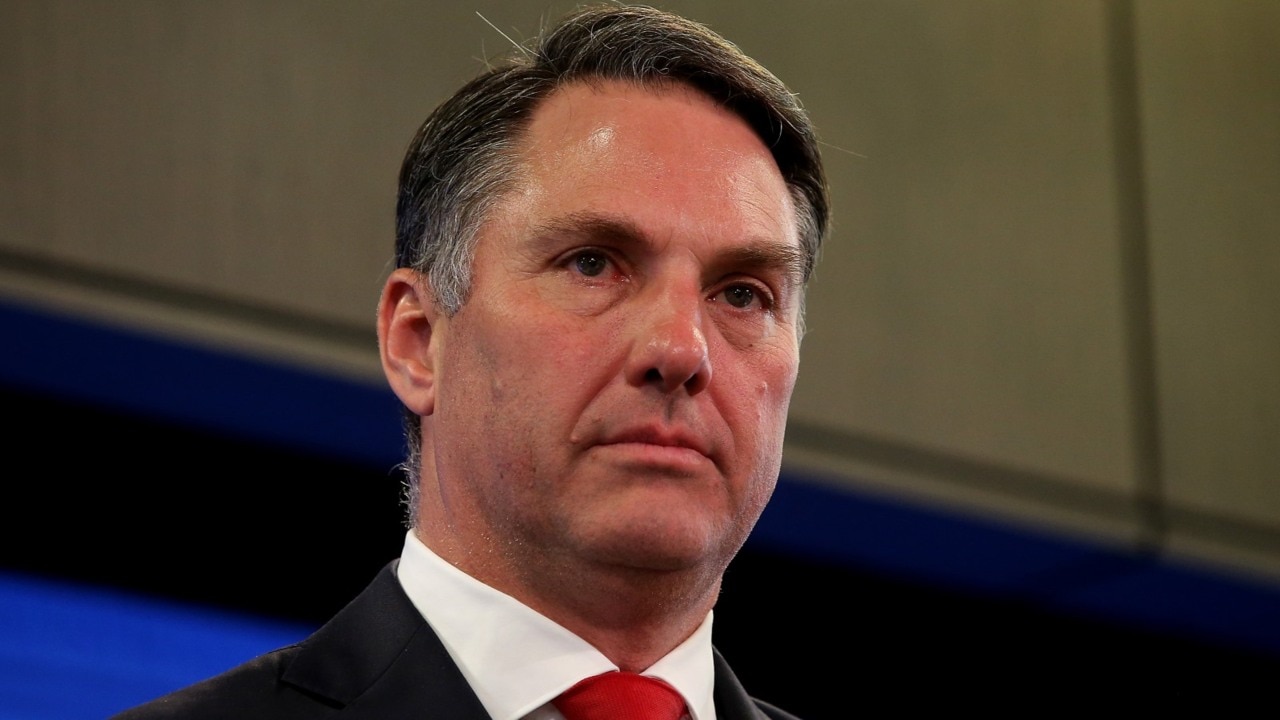
Mr Albanese said the government to lay out its “optimal pathway” to advance the AUKUS relationship in the first quarter of 2023.
He said he was “determined to have a future made in Australia, including upskilling, so that it has a benefit, and not just in SA.”
Asked about Australia's relationship with China, the Prime Minister said: “We’ll cooperate where we can, we’ll disagree where we must, and we will engage in our national interest.
“It is in Australia’s national interest to have better relations with China, it is in China’s national interest to have a good relationship with Australia.”
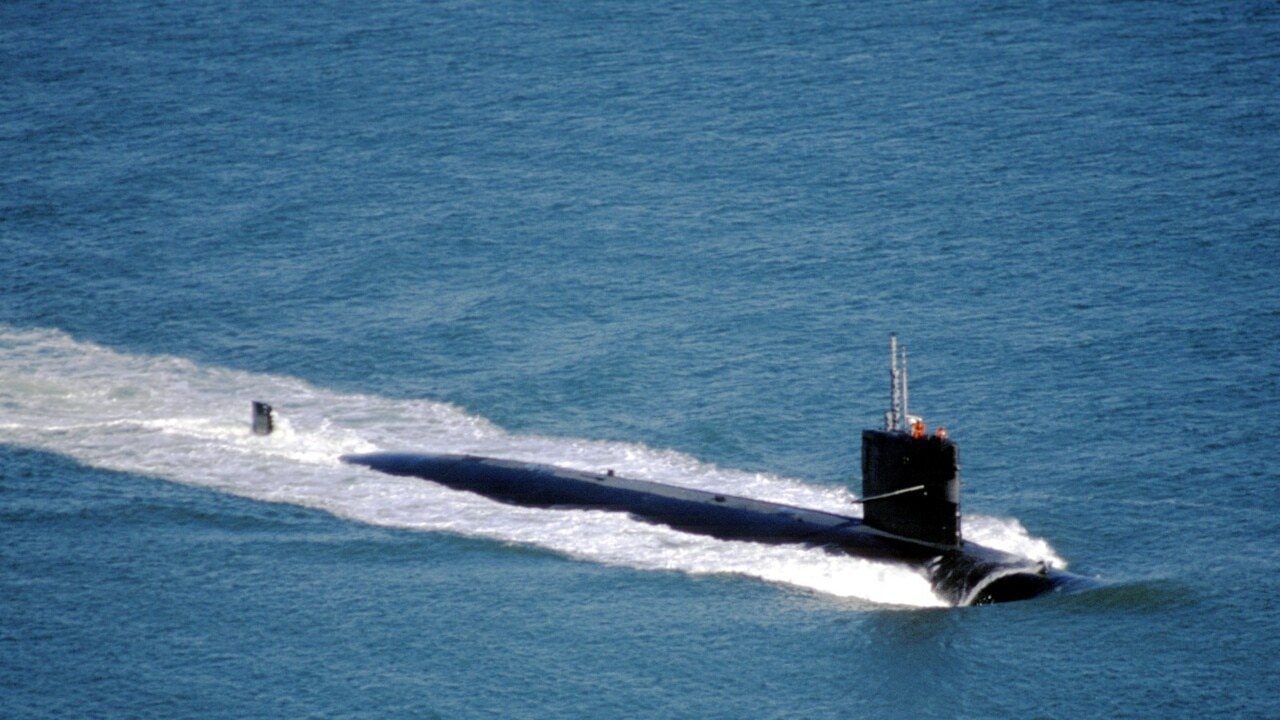
With climate change also top of the agenda, the Prime Minister is set to travel to Papua New Guinea on Thursday where he will be the first non-PNG leader to address its parliament.
He called tackling climate change a “precondition” of Australia's friendship with its island neighbours.
“For our Pacific neighbours, climate change is no laughing matter,” he said.
“It's a serious threat to the very existence of some of the low-lying islands in the Pacific.”
Read below for a recap of Saturday's top headlines.


